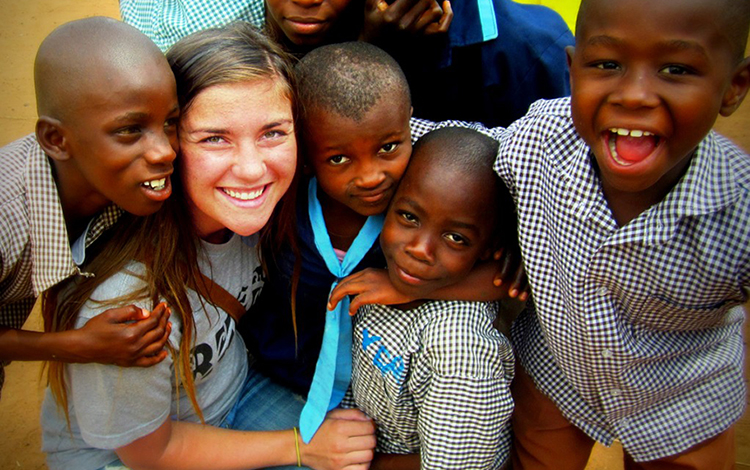
Our team in Ghana is extraordinary. Joseph Yankson, our director of Ghanian operations, experienced first-hand the toll that ill-equipped schools can take on Ghanian children. Unlike many young people from Ghana’s rural areas, Joseph was able to continue on to secondary education and is now uniquely situated to implement the foundation’s work. Felix Ntow, who operates in the capacity of navigating the proper channels to ensure that the foundation complies with the ins and outs of governmental restrictions. This is particularly important as we move into implementing technology and energy compliance into the schools. They will also be heading up the programs for study abroad and teacher trainings.
As part of the strategic planning for our operations in Africa, Joseph and other volunteers are doing considerable research into the best and most effective ways to build schools that will not only meet the basic needs for a stable, quality education but also give the communities we serve ready access to electricity and technology. We’re currently building partnerships with some incredibly creative engineers in the sustainable building industry who can help us meet those important requirements.
The second and crucial part of our on-the-ground Ghanian team are the leaders of our test schools. We have two villages identified who have met a rigorous criteria to ensure that the community is prepared, both at the nuclear family level up through the tribal leader level, to support our mission. One of the critical factors is that they each have a principal educator who is prepared to assist us in the development and implementation of the curriculums that we are so excited to create. As we work with these villages, We readily acknowledge, too, that the members of the communities in which we serve will have an understanding of their needs that we may not, and that by including them in our planning, we will win their trust and enhance our success. Utilizing available resources in the construction of the schools, developing curriculums that can best educate students for an advancing society, and preparing them to embrace technology are really important to us because it ensures that our mission will succeed well into the next generation of these communities.
The third and final part of our team is a group that helps to differentiate the Ayele Foundation from other organizations that seek to build schools in Ghana: passionate, qualified educational interns. Teacher development and educational certification is a rare thing in Ghana, and we know that implementing our curriculums will be a long-term process. Each school that we work with will have a principal educator who is local to the area. This ensures stability for the students and the community long-term. But as the new learning models are brought into practice, students who want to spend a semester abroad putting their skills to practice will help teach and train in the schools to provide an expertise that can be transferred to Ghanian educators.
Right now, attracting teachers to schools outside of the urban core is incredibly difficult. There are no incentives by the government, and the conditions of the schools are a major deterrent. But as we develop new curriculums that are innovative and transformative to the educational experience, we know that teachers will want to share in our successes. Bringing teachers into the villages and communities that previously were so underserved is one of the things that we look forward to with incredible excitement.
